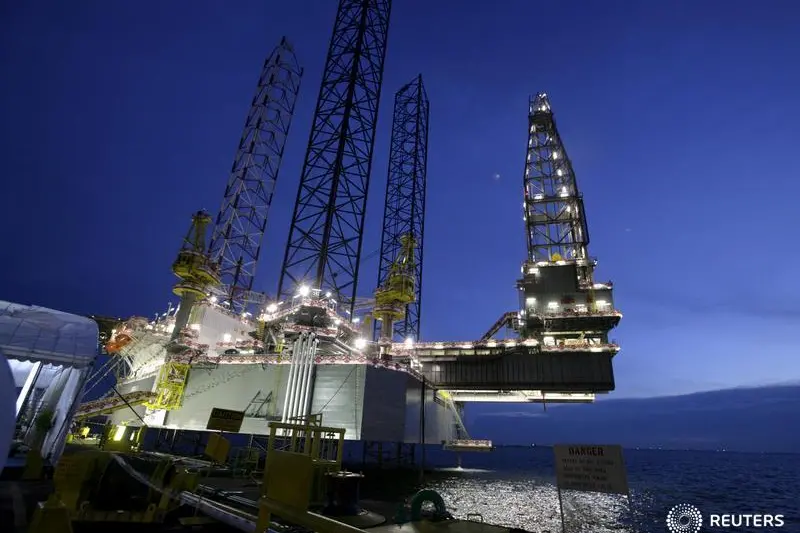PHOTO
(John Kemp is a Reuters market analyst. The views expressed are his own)
LONDON- Hedge funds continued selling petroleum last week as fears about a coronavirus-driven recession centred on China gripped the market, but the rate of sales slowed compared with the previous fortnight.
Hedge funds and other money managers sold the equivalent of 74 million barrels in the six most important petroleum futures and options contracts in the seven days ending on Feb. 11.
But sales were slower than in the week ending Feb. 4 (131 million barrels) and the week ending Jan. 28 (147 million), according to position data from regulators and exchanges.
Portfolio managers have sold a total of 440 million barrels over the last five weeks, substantially reversing cumulative purchases of 533 million over the previous three months.
Funds were sellers last week of Brent (69 million barrels), NYMEX and ICE WTI (15 million) and European gasoil (around unchanged). But there were net purchases of both U.S. diesel (4 million) and U.S. gasoline (7 million).
Overall, the last time the hedge fund community was this bearish towards petroleum was in early October, and before that January 2019, when concerns about a U.S./China trade-war driven recession were at their highest.
Fund managers hold less than three bullish long positions for every bearish short one, down from a recent peak ratio of almost 7:1 at the start of the year.
The ratio of long to short positions is towards the bottom of the range for the last four years, currently in the 19th percentile for all weeks since the start of 2016.
Most of the bullish positions accumulated in the last quarter of 2019 in anticipation of a cyclical economic upswing and faster oil consumption growth in 2020 have now been liquidated.
The liquidation seems to have been mostly completed by the start of last week and it has been followed by a $4 per barrel rally in Brent prices.
From a positioning perspective, the distribution of risks had shifted to the upside by the start of last week, with the potential for a significant increase in bullish positions and prices if the coronavirus outbreak is brought under control and China’s business activity returns to near normal.
From a fundamental perspective, the balance of risks appears more symmetrical, with the possibility of a quick resumption of business activity matched by the risk of a deeper and longer lasting downturn if the outbreak spreads or triggers a renewed business cycle downturn.
(Editing by Barbara Lewis) ((john.kemp@thomsonreuters.com and on twitter @JKempEnergy))





















